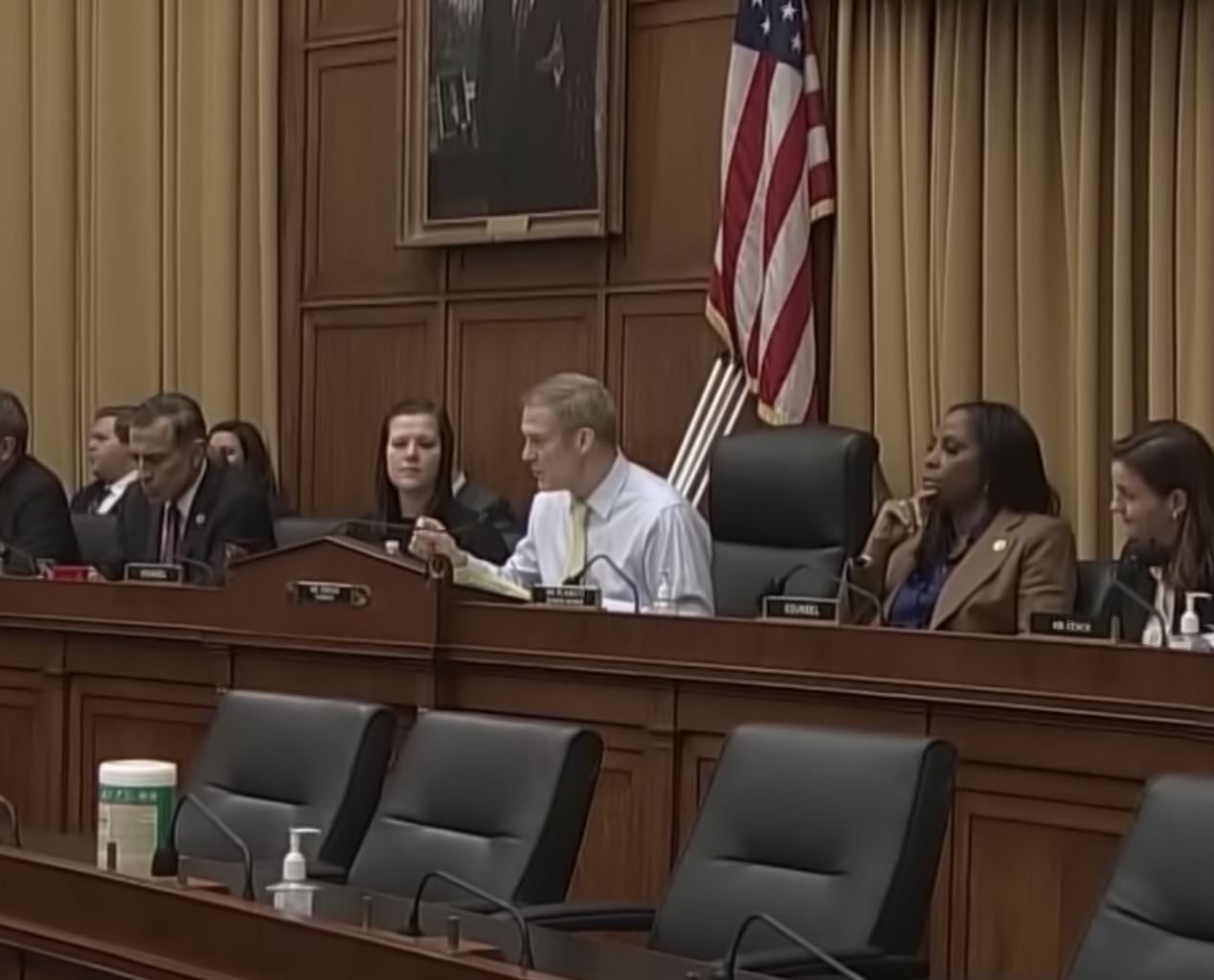This fall someone near and dear to me began a job tutoring and counseling students at an inner-city Detroit high school.
Her daily reports over the dinner table range from disturbing to appalling. Despite the heroic efforts by some of the teachers and students, attending school consists mainly of fighting your way to and from school with limited learning in between.
Her school has been on “lock down” two days this week because of incidents involving firearms. Squabbling among politicians, bureaucrats, teachers, and parents, along with a pathetic state economy and financing system, have insured the escalation of this dismal situation.
This subjective and heartbreaking appraisal by my source was confirmed by the National Assessment of Education Progress test scores which were announced this week.
Detroit students not only scored the lowest in the nation, but the lowest in the 40 year history of the test.
If the scores of the top 10% of the Detroit students were removed from the mix, one could assume that the remainder could have done as well by choosing answers with a dart and dart board.
With only about 25% of the students managing to graduate, two-thirds of the drop-outs end up in either prison or on welfare.
Although Detroit’s test results are notable, an objective examination of more than a dozen other school systems in some of the country’s largest cities demonstrates that Detroit is not alone.
Clearly, the education systems in low income areas deserve an “F” for Failure. They prepare their students for lives of crime, poverty and neglect. The kids and their families pay the highest price but, without a doubt, we all are paying for this under-educated generation.
So what does this depressing news have to do with a law enforcement newsletter? Any police officer can answer that question, and this assessment is demonstrated by sociologists who find a direct link between crime and violence, on the one hand, and poor educational skills on the other.
A cynic might point out the silver lining for law enforcement officers in this pitiful situation by responding, “Job security.” But actually the opposite is true.
Not only will police officers and federal agents suffer the financial hardships of supporting this lost generation like the rest of the working Americans, but more particularly their jobs will be more difficult and dangerous, discouraging and dispiriting.
As the stress levels of law enforcement officers continue to escalate, the resulting toll on their emotional, medical, and social lives, and those of their families, cannot but increase as well.
Where is the outrage to this dismal state of affairs which might lead to serious reform efforts on a community, state and national level? Instead, denial, apathy, and finger pointing rule the day.
At the risk of being overly simplistic, I say we take some of the hundreds of billions we spend training and supporting Iraqis and Afghans and bolstering the military industrial complex and spend some of it on inner city kids who deserve an education other than the one they will get in the criminal justice system.




